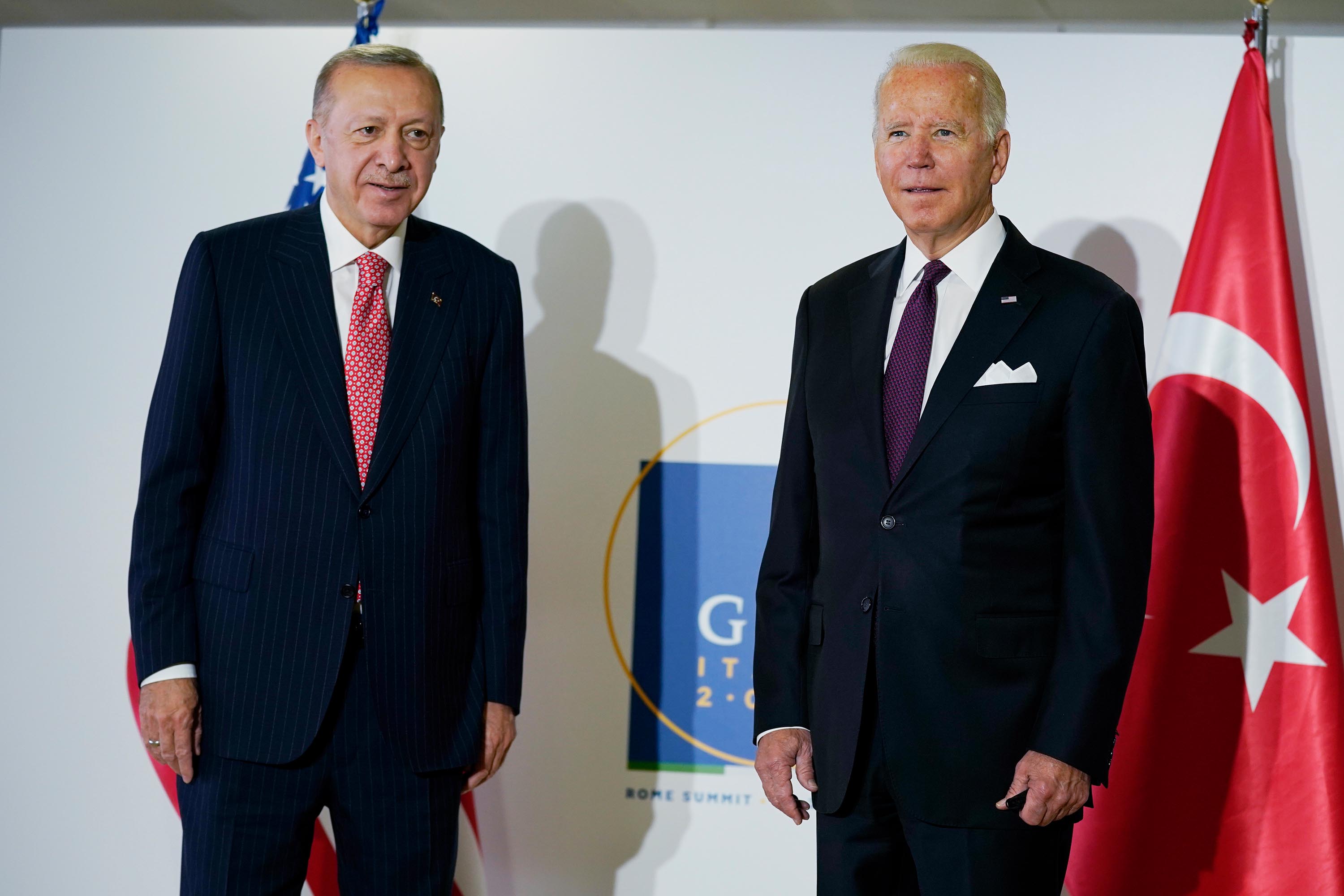Duolingo And The Rise Of AI: Impact On Contract Workers

Table of Contents
AI's Role in Duolingo's Operations and Language Processing
Duolingo's success hinges on its innovative use of artificial intelligence. The platform leverages AI to power many core functionalities, transforming the user experience and streamlining operations. This AI-driven language learning platform utilizes sophisticated algorithms to personalize learning paths based on individual user progress and learning styles. Natural language processing (NLP) algorithms analyze user responses, providing automated feedback and identifying areas needing improvement. Machine translation plays a crucial role in content creation, while automated content generation assists in creating exercises and lessons. These AI-powered features significantly contribute to Duolingo's efficiency and scalability.
- Increased efficiency in content creation and feedback: AI significantly reduces the time and resources needed for creating and reviewing learning materials.
- Improved personalization of user experience: AI tailors learning paths to individual needs, maximizing learning outcomes.
- Cost reduction through automation: Automated processes reduce the reliance on manual tasks, leading to lower operational costs.
The Impact of AI on Duolingo's Contract Workers – Challenges
While AI brings significant advantages to Duolingo, its impact on contract workers presents considerable challenges. The automation of tasks previously performed by human linguists and content creators raises concerns about job security and the future of work in the gig economy. The increased efficiency of AI-driven processes might lead to a reduction in the demand for human translators and content creators, intensifying competition for available contracts. This situation necessitates addressing concerns regarding fair compensation and benefits for contract workers in this increasingly automated landscape.
- Reduced need for human translation in certain areas: AI-powered machine translation can handle simpler translation tasks, potentially reducing the need for human translators.
- Increased competition for available contracts: Fewer contracts are available due to automation, leading to heightened competition among contract workers.
- Concerns regarding fair compensation and benefits for contract workers: The gig economy often lacks consistent benefits and fair compensation, a concern amplified by the impact of automation.
The Impact of AI on Duolingo's Contract Workers – Opportunities
Despite the challenges, the integration of AI also presents new opportunities for contract workers. The rising demand for AI-related services creates new job roles, such as specialists in AI training, data annotation for improving AI models, and AI-assisted translation, which requires human oversight and refinement. This shift necessitates upskilling and reskilling to adapt to the changing job market and leverage the potential for higher earning potential in specialized roles.
- Increased demand for specialists in AI-related tasks: Roles requiring human expertise to train, refine, and manage AI systems are emerging.
- Opportunities for upskilling and reskilling to adapt to the changing job market: Contract workers can enhance their skills to remain competitive in the AI-driven landscape.
- Potential for higher earning potential in specialized roles: Highly skilled professionals in AI-related fields can command higher pay.
The Future of Work at Duolingo and Similar Companies
The long-term implications of AI on the contract workforce at Duolingo and similar language learning platforms require careful consideration. Technological disruption necessitates continuous adaptation and skill development. Mitigating the negative impacts of AI requires proactive strategies, including comprehensive training programs, fair compensation models, and a focus on ethical AI implementation. The future of work demands flexibility and adaptability, emphasizing ongoing professional development and the adoption of new technologies.
- Importance of ongoing professional development: Continuous learning and skill enhancement are crucial for navigating the changing job market.
- The need for flexible and adaptable work models: Contract workers must be prepared for a dynamic and ever-evolving work environment.
- The role of ethical considerations in AI implementation: Fair labor practices and responsible AI development are essential for a sustainable future of work.
Conclusion: Duolingo, AI, and the Future of Contract Work
The integration of AI in platforms like Duolingo presents a complex picture for contract workers. While it leads to challenges like potential job displacement and increased competition, it also opens doors to new, higher-skilled roles. The key to navigating this evolving landscape lies in embracing adaptability, continuous upskilling, and advocating for fair labor practices within the gig economy. Learn more about how to navigate the changing landscape of contract work in the age of AI-powered language learning platforms like Duolingo, and explore resources dedicated to AI training, future-proof skill development, and ethical considerations in the rapidly evolving tech industry.

Featured Posts
-
 Little Tahiti Italy A Beach Paradise
May 01, 2025
Little Tahiti Italy A Beach Paradise
May 01, 2025 -
 Will France Reign Supreme In The Six Nations 2025
May 01, 2025
Will France Reign Supreme In The Six Nations 2025
May 01, 2025 -
 Sheens Million Pound Documentary Controversy And Response
May 01, 2025
Sheens Million Pound Documentary Controversy And Response
May 01, 2025 -
 Nfl Draft Panthers Strategy At Pick Number Eight
May 01, 2025
Nfl Draft Panthers Strategy At Pick Number Eight
May 01, 2025 -
 Haland Ysjl Wyutrbe Ela Ersh Hdafy Albrymyrlyj
May 01, 2025
Haland Ysjl Wyutrbe Ela Ersh Hdafy Albrymyrlyj
May 01, 2025
Latest Posts
-
 Lich Thi Dau Chinh Thuc Vong Chung Ket Tnsv Thaco Cup 2025 Xem Truc Tuyen O Dau
May 01, 2025
Lich Thi Dau Chinh Thuc Vong Chung Ket Tnsv Thaco Cup 2025 Xem Truc Tuyen O Dau
May 01, 2025 -
 Lich Thi Dau Vong Chung Ket Tnsv Thaco Cup 2025 Thoi Gian Va Dia Diem Xem Truc Tiep
May 01, 2025
Lich Thi Dau Vong Chung Ket Tnsv Thaco Cup 2025 Thoi Gian Va Dia Diem Xem Truc Tiep
May 01, 2025 -
 Qdyt Ryys Shbab Bn Jryr Alsyaq Walntayj
May 01, 2025
Qdyt Ryys Shbab Bn Jryr Alsyaq Walntayj
May 01, 2025 -
 Almhakmt W Alhkm Fy Qdyt Ryys Shbab Bn Jryr
May 01, 2025
Almhakmt W Alhkm Fy Qdyt Ryys Shbab Bn Jryr
May 01, 2025 -
 Tfasyl Qdyt Idant Ryys Shbab Bn Jryr
May 01, 2025
Tfasyl Qdyt Idant Ryys Shbab Bn Jryr
May 01, 2025
